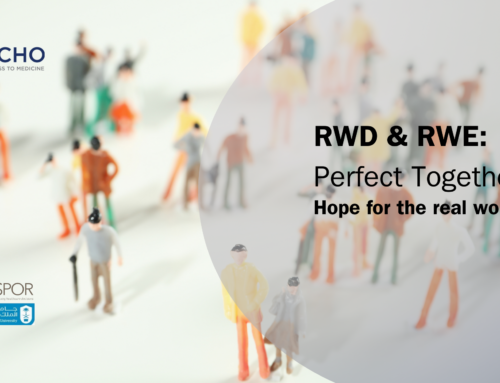The Impact of the COVID-19 Pandemic on the Lebanese Healthcare System: Webinar Summary
September 29, 2021
On September 29, 2021, the Professional Society for Health Economics and Outcomes Research (ISPOR) – Lebanon Chapter, in collaboration with CCHO, organized a webinar entitled: The Impact of the COVID-19 Pandemic on the Lebanese Healthcare System. Over 60 professionals attended the discussions delivered by key stakeholders and experts in the Lebanese healthcare system.
Dr. Firas Abiad, the Minister of Health and former Chair and Director of the Rafic Hariri University Hospital (RHUH), opened the session by reviewing the financial impact of the pandemic on the Lebanese public healthcare sector through his experience at RHUH. According to him, the direct incurred costs of setting up COVID wards, expanding molecular laboratory services, and procuring essential supplies were only exacerbated by the ongoing financial meltdown, thus greatly encumbering the public healthcare system.
Shifting away from financial matters, Dr. Thalia Arawi, the founding Director of the Salim El Hoss Bioethics and Professionalism Program at the American University of Beirut and Clinical Bioethicist, highlighted the various ethical dilemmas that were brought about by the pandemic, including the allocation of scarce resources, access to medicine, and fairness in the distribution of vaccines. Dr. Alawi further highlighted the need for trust, transparency, and effective communication with patients.
Next, Lieutenant Colonel Habib Abdo, Head of Central Laboratories in the Military Healthcare, presented the Lebanese Army’s contingency plans to alleviate the combined impact of the pandemic, the economic meltdown, and the Beirut Blast of August 4, 2020. His strategic and operational review of the structure of the military healthcare was followed by a summary of key takeaways from the military response to the health crisis and the port explosion, including the importance of planning, adaptability, and swift execution, and the value of trust, expertise, and consistency.
Last, but not least, Dr. Khalil Asmar, Assistant Professor of biostatics at the Department of Epidemiology and Population Health at the American University of Beirut and Biostatistician and Biometrics Expert at CCHO, reviewed trends in non-COVID healthcare utilization during the pandemic. With an observable correlation between the outbreak and the disruption of care for non-communicable diseases (NCD), Dr. Asmar concluded that future responses to health emergencies should prioritize NCD care, and proposed several solutions to mitigate these disruptions such as leveraging technologies (telemedicine), strengthening primary healthcare networks, implementing novel supply chain, and dispensing approaches, particularly to NCD drugs.
The sessions were moderated by Dr. Soumana Nasser, President of ISPOR-Lebanon Chapter and Chair of the Pharmacy Practice Department at the Lebanese American University, and Dr. Racha Sabbagh Dit Hawasli, Research Director and Quality Management Representative at CCHO. The webinar ended with an engaging Q&A session between the attendees and the speakers.






